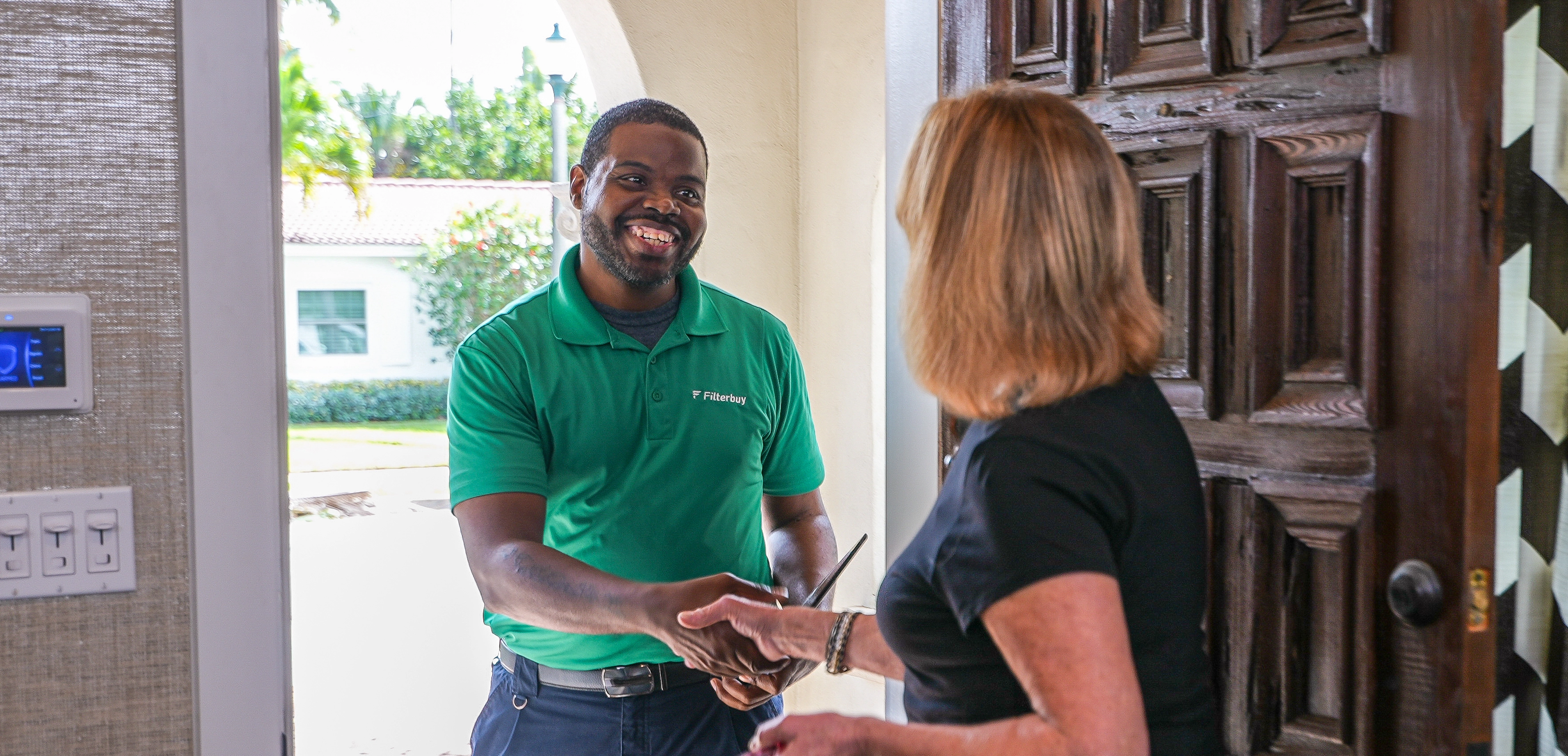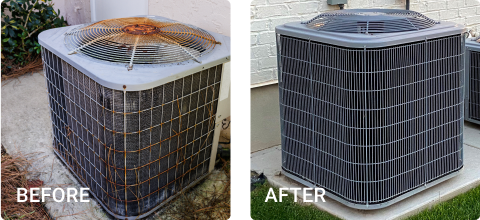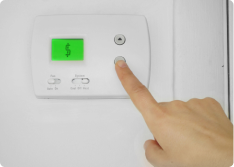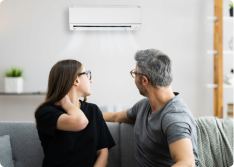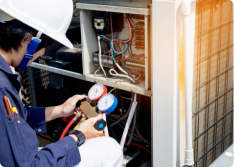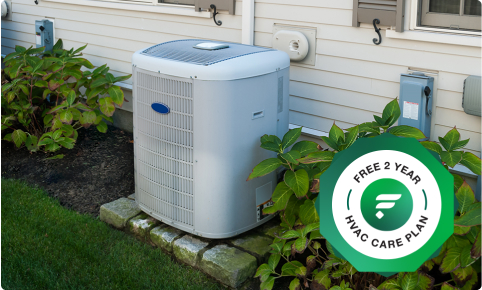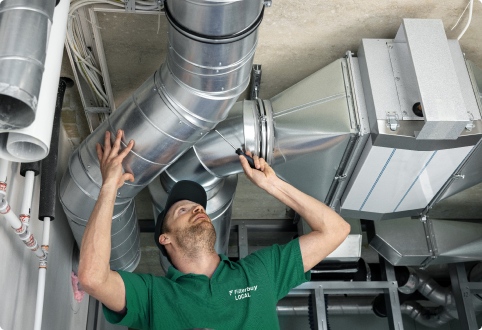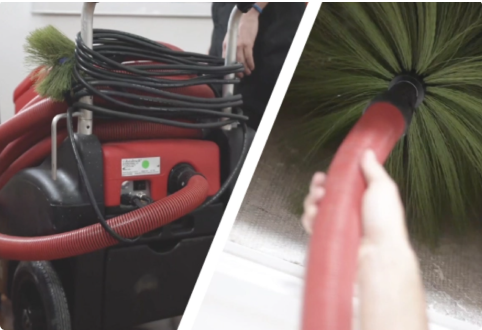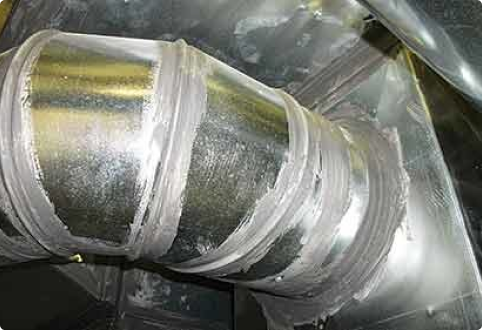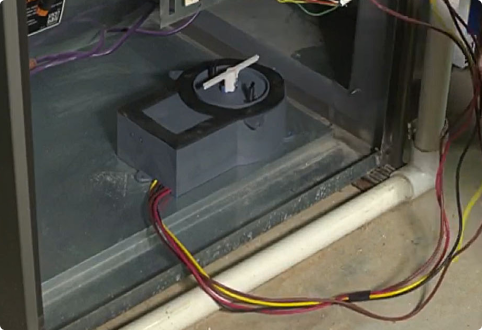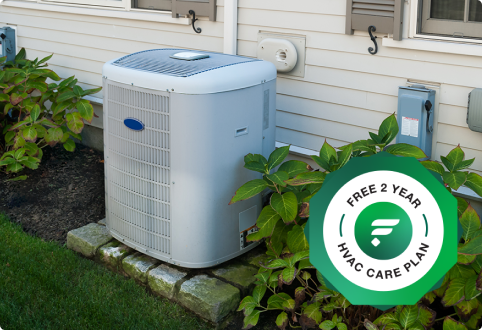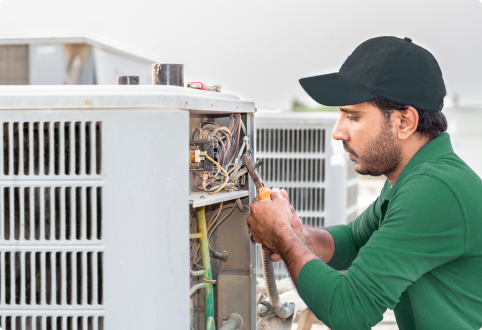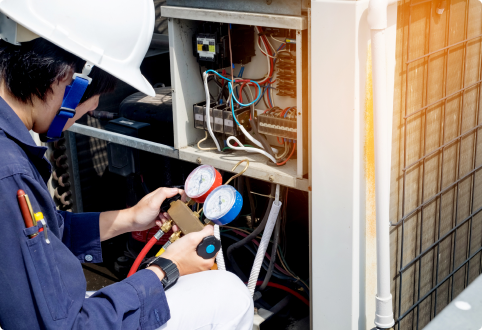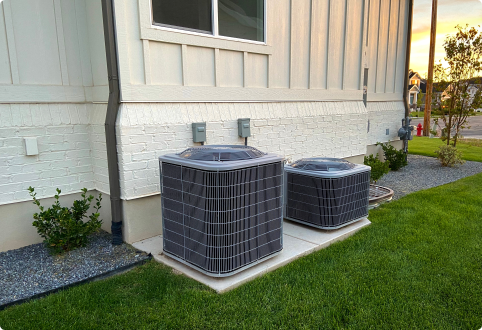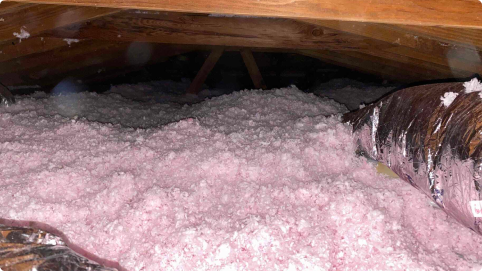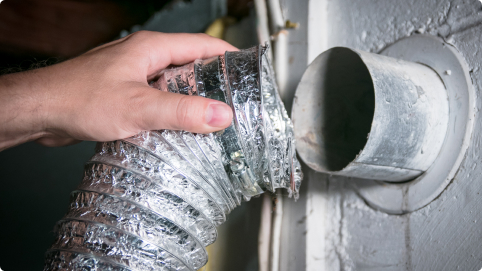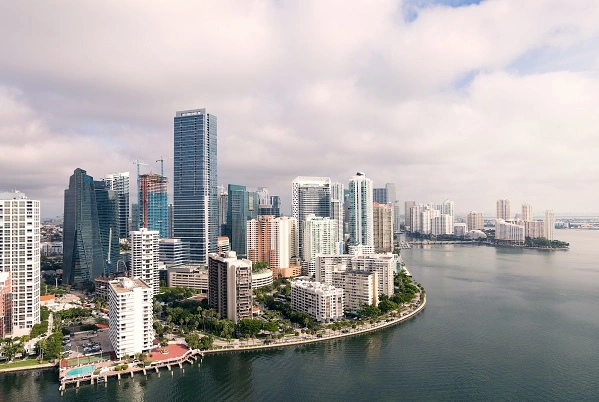Welcome to Filterbuy HVAC Solutions, the best HVAC system replacement service company proudly serving in and near the greater Miami, FL area. Please let us know how we can help solve your Miami HVAC system replacement needs with professional, affordable, and fast residential and commercial HVAC services by getting a free online quote or by giving our friendly HVAC specialists a call. We look forward to hearing from you!
What Makes The Best HVAC System Replacement Service Company in Miami FL
Top HVAC replacement services in Miami FL, are thorough. They have technicians who understand Miami's unpredictable weather. Expert in energy-efficient systems and deliver superior customer service. Pricing models are transparent, focusing on providing value over anything else. Their certifications reflect a pledge to excellence. So, if you're seeking comfort in the Miami Heat, you're in the right place.
Key Takeaways
■ Reliable HVAC replacement service in Miami FL understands local weather conditions and has experience with different systems.
■ These leading companies employ certified technicians with recent training in advanced HVAC technologies.
■ Trustworthy HVAC replacement company in Miami FL offers excellent customer care, including rapid response and effective communication.
■ Accreditations from recognized sources show that a company meets industry standards and has professional expertise.
■ A valuable HVAC service offers competitive, clear pricing and potential long-term energy savings.
Understanding Miami's Unique Climate
The tropical monsoon weather conditions in Miami impact HVAC system replacement services. The region's high humidity demands special attention to humidity control. An efficient HVAC system manages the temperature and the moisture levels in the air.
Not just for comfort, control of humidity is vital for health and safeguarding property. Mold growth, caused by excessive humidity, damages property and harms health. It feels hotter in high humidity so we use more energy for cooling. This increases our utility bills.
Energy efficiency is an important factor in a city like Miami, where cooling systems are constantly in use. Energy-efficient HVAC systems bring significant cost savings. Such systems also aid environmental sustainability by minimizing energy usage.
In Miami, understanding the unique weather conditions and how they affect HVAC performance is important when choosing a system replacement service. This helps make informed decisions about humidity control and energy efficiency, ensuring both comfort and cost-effectiveness.
Evaluating HVAC Replacement Expertise
Quality installation affects the efficiency and life expectancy of an HVAC system. Evaluating your service provider's replacement skills is necessary.
■ Experience: Prioritize companies with wide experience in HVAC replacements in Miami FL. Such providers encountered diverse systems and scenarios.
■ Installation Techniques: Top HVAC businesses use innovative installation approaches. These strategies ensure efficient operation and extended system lifespan.
■ Training and Certification: Verify that technicians received appropriate education and possess valid certifications. This proves their familiarity with recent HVAC technologies and principles of energy efficiency.
■ Local Knowledge: Providers who understand Miami's weather are better in evaluating and installing systems fitting your unique needs.
Importance of Customer Service
This is not just about interactions, but about creating unique, memorable experiences to keep customers loyal. High-quality service is important in the tropical weather and frequent HVAC replacements in Miami, FL.
A company that responds quickly provides a better customer experience. If your HVAC unit breaks down in summer, you want a service company that communicates well and fixes the problem quickly. Delays or poor responses can worsen the problem and lead to unhappy customers.
Prioritizing customer satisfaction is important for any high-quality HVAC replacement company in Miami FL. It shows how customers feel about the service, whether they will recommend or buy from the company again, and their overall experience. Consistently high customer satisfaction builds trust and loyalty. It also holds a strong reputation in the competitive market of Miami.
Assessing Company's Certifications
Assessing certifications of HVAC replacement companies involves several important factors. Certifications show the company's commitment to industry standards and quality services. Also their expertise in different areas.
To evaluate certifications effectively, remember these considerations:
■ Diverse Certifications: Investigate certifications held by the firm. The common ones include North American Technician Excellence (NATE), Environmental Protection Agency (EPA), and Air Conditioning Contractors of America (ACCA).
■ Current Status: Certifications should be valid and current. Outdated credentials indicate a lack of adherence to the latest industry standards.
■ Source of Accreditation: Credentials should originate from reputable, accredited institutions. This ensures the firm meets professional expectations.
■ Relevance to Your Needs: Certifications must align with the HVAC services required. For instance, a company specializing in refrigeration might not suit your need for air conditioning system replacement.
Pricing and Value Considerations
Determining the fairness and value of pricing for HVAC replacement services involves considering factors such as installation costs and potential long-term savings.
Significant upfront investment is often required for installation. Top HVAC replacement service providers in Miami, FL, offer clear, detailed breakdowns of these costs. This enhances transparency.
Consider long-term savings. Even if its initial cost is high, a sturdy, energy-efficient HVAC system saves you money on utility in the long run.
Frequently Ask Questions:
How much does it cost to replace an HVAC system in Florida?
The HVAC replacement cost in Miami FL differs. It costs from $5000 to $10000. Depends on how big your house is and the kind of air conditioner.
Can a homeowner install HVAC in Florida?
Skill level and safety is paramount. A homeowner can install an HVAC system in Florida but it's not recommended. A permit is needed for the job. It could get into trouble if you don’t comply. Hire someone who knows the job to avoid future problems.
What time of year is the cheapest to replace HVAC?
The best time is in the spring or fall. The weather is more moderate, people aren't using their heating or cooling systems as much during these times. HVAC companies offer promotions during these periods. You can save money if you plan ahead. Replace your air conditioner when it’s not so busy.
Will HVAC prices go down in 2024?
HVAC prices are not expected to decrease. Several factors like inflation and cost of materials. Also, the supply chain issues since the pandemic contribute to the current pricing trends. New technology for air conditioners and units that use less electricity are in high demand. This makes them more expensive.
What size air conditioner do I need for a 2000 sq ft house?
A recommendation is a 3 to 4-ton unit. Depending on the insulation and the local weather conditions. Ductless systems offer flexibility in cooling individual rooms that contribute to overall efficiency.
How long should an HVAC last in Florida?
It is typically 10-15 years, but this extends with regular maintenance and care. Routine cleaning, changing filters regularly and having annual inspections helps prolong service life.
Do you need a permit to replace an AC in Florida?
Yes. A permit is required to replace an air conditioner in Florida. To follow codes, safety standards, and energy efficiency requirements.
What are the HVAC rules in Florida?
The state mandates the professional installation of systems to uphold safety standards. Besides, state codes enforce energy efficiency regulations, requiring systems to meet certain standards.
What is the most expensive part of an HVAC system?
The compressor is the most expensive part which is important in maintaining the overall system functionality. If the compressor fails, repairing or replacing it is expensive. Others include the heat exchanger in furnaces and the evaporator coil.
How long does HVAC last?
An HVAC lasts 15 to 25 years. Florida’s hot weather shortens its lifespan. Regular maintenance helps it last for 25 years. Experts suggest replacing HVAC around 10 to 15 years old.
What is the best residential HVAC system?
The best residential HVAC depends on your needs. Consider your home's size and budget. Tops brands include Carrier, Trane, and Lennox.
Where is the best place to install an HVAC system?
Place it in a place that minimizes its operational noise. This often means avoiding areas that are directly adjacent to bedrooms or study spaces.
Here is the nearest branch location serving the Miami FL area…
Filterbuy HVAC Solutions - Miami FL - Air Conditioning Service
1300 S Miami Ave Unit 4806, Miami, FL 33130
(305) 306-5027
https://maps.app.goo.gl/XDTMcEGZ1vdktKqJ6

.webp)
.webp)
.webp)
.webp)






